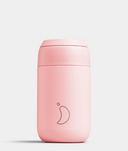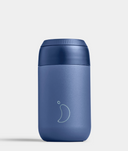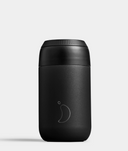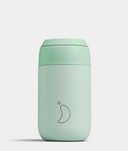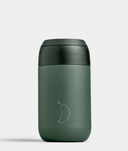Wake Up And Smell The Coffee
Series 2 Coffee
Blush Coffee Cup
Minimum price
$67.00
-
Maximum price
$75.00
Available in 2 sizes
Whale Coffee Cup
Minimum price
$67.00
-
Maximum price
$75.00
Available in 2 sizes
Abyss Coffee Cup
Minimum price
$67.00
-
Maximum price
$75.00
Available in 2 sizes
Lichen Coffee Cup
Minimum price
$67.00
-
Maximum price
$75.00
Available in 2 sizes
Pine Coffee Cup
Minimum price
$67.00
-
Maximum price
$75.00
Available in 2 sizes
Granite Coffee Cup
Minimum price
$67.00
-
Maximum price
$75.00
Available in 2 sizes
Atlantis Coffee Cup
Regular price
$67.00
Lavender Coffee Cup
Regular price
$67.00
Shop by Category


Series 2 Cargo
Moss Flip Bottle
Regular price
$90.00
Moss Coffee Cup
Regular price
$74.00
Slate Flip Bottle
Regular price
$90.00
Slate Coffee Cup
Regular price
$74.00
Chilly's Responsibility
Materials that matter. From recycled stainless steel to responsible sourcing. Discover what we are doing to achieve our mission responsibly.
Find out more